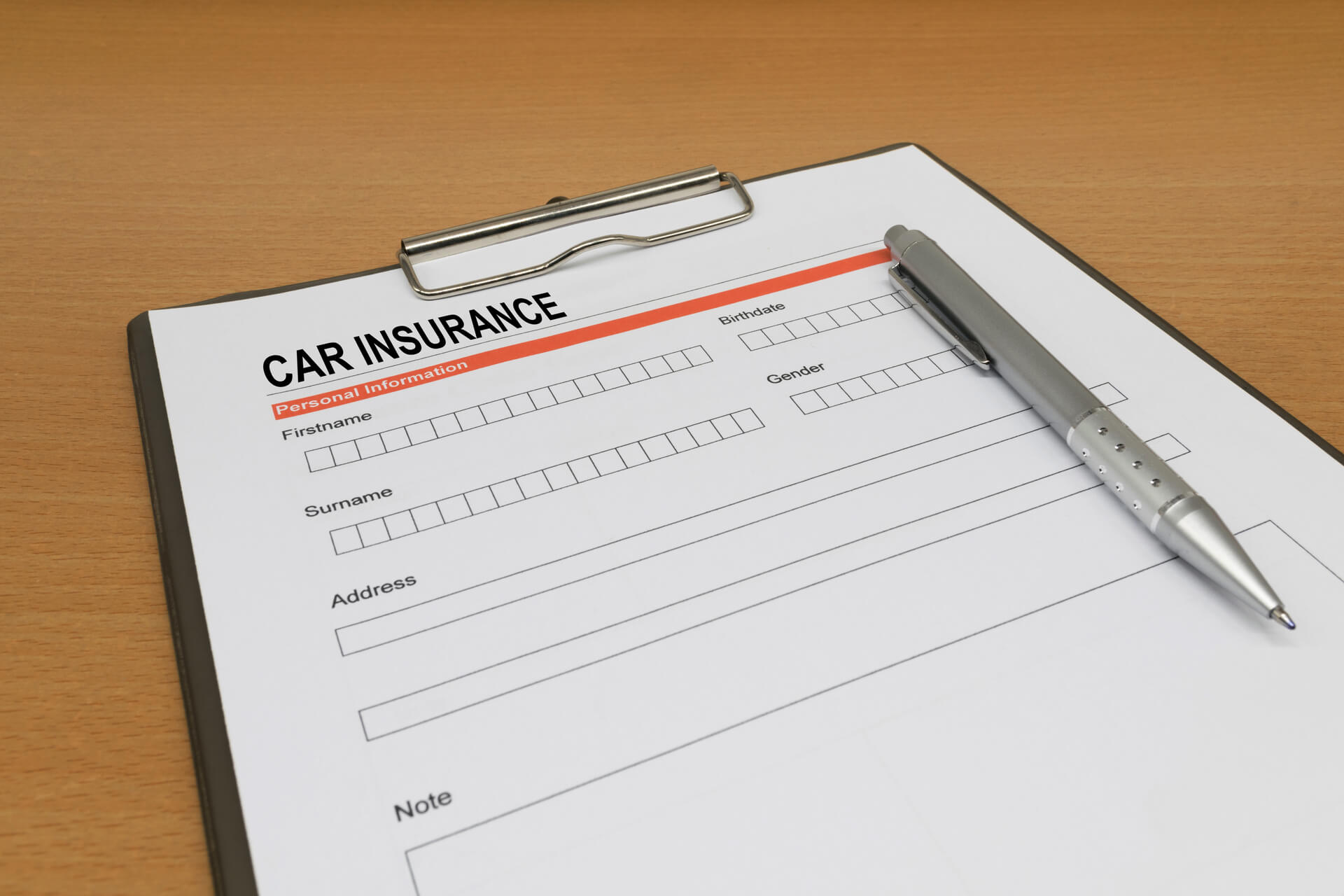
What Happens if You Lie on a Car Insurance Application?

by Erin Anderson
When you're filling out a car insurance application, it might be tempting to fudge a few details — maybe round down your annual mileage, leave off that speeding ticket, or say your car is parked in a garage when it's actually on the street.
After all, what's the harm if it saves you a few bucks on your premium, right?
Not so fast.
Whether it's a small white lie or a more serious omission, misrepresenting information on your insurance application is considered insurance fraud — and the consequences can be much more expensive than the discount you were chasing.
Here's what actually happens when you lie on a car insurance application — and why honesty really is the best policy.
The Most Common Lies on Applications (and Why People Tell Them)
Insurers ask a lot of questions when you apply for coverage. And certain answers can raise your rate — which is why some drivers might be tempted to tweak the truth.
The most common lies include:
- Reporting a lower annual mileage than you actually drive
- Claiming you use your car for "pleasure" instead of commuting
- Leaving out drivers who regularly use your car (like a teen or roommate)
- Saying your car is parked in a garage or low-risk zip code
- Not disclosing past accidents, tickets, or license suspensions
While it might seem harmless, even small misrepresentations can come back to bite you — especially when it's time to file a claim.
What Can Happen if You Get Caught Lying
Let's break down the possible outcomes if your insurer finds out you've lied on your application — whether right away or after an accident.
1. Your Claim Could Be Denied
If you file a claim and your insurer discovers that key information was inaccurate, they may refuse to pay — even if the accident wasn't your fault.
Example: You claimed your car is driven 3,000 miles a year and kept in a private garage. After a crash, they find out you commute 15 miles daily and park on a busy city street. That misrepresentation could be grounds for denying the payout.
2. Your Policy Might Be Canceled
Insurance companies can cancel your policy for "material misrepresentation" — basically, if they believe you intentionally lied to lower your rate or hide risk factors.
In some cases, your policy could be voided from the start, meaning it's as if you were never covered at all. That can leave you on the hook for thousands (or more) after an accident.
3. You Could Face Higher Premiums (or Trouble Getting Coverage Later)
Even if your lie doesn't result in cancellation, your insurer might re-rate your policy — and hike your premiums. Worse, you could be flagged as high-risk, making it harder to get affordable coverage from any provider in the future.
4. In Serious Cases, It Could Be a Crime
Intentionally providing false information on an insurance application is a form of fraud — and in some states, that can lead to fines or even criminal charges, especially if large claims or multiple lies are involved.
How Insurers Spot a Lie (Spoiler: They're Good at It)
Insurance companies have a lot of tools to verify the information you give them — and they don't always wait until a claim is filed.
They may:
- Run your name through national driving and claims databases (like CLUE or MVR reports)
- Verify garage addresses and mileage using third-party data
- Compare your application with prior insurance records
- Use telematics (if you opt in) to track actual driving behavior
If there's a mismatch, it usually doesn't take long to find it.
The Bottom Line
Lying on your car insurance application might lower your premium in the short term — but the risks far outweigh the reward. From denied claims to canceled coverage, the financial consequences can be steep.
And here's the truth: insurers expect you to be honest. Most work with you to find the best policy based on your real driving habits, not punish you for telling the truth.
👉 Need to make a change to your policy or unsure what your current insurer has on file?
Now's a good time to:
- Review your application details
- Correct any outdated or inaccurate info
- Get quotes to compare coverage that fits your real life